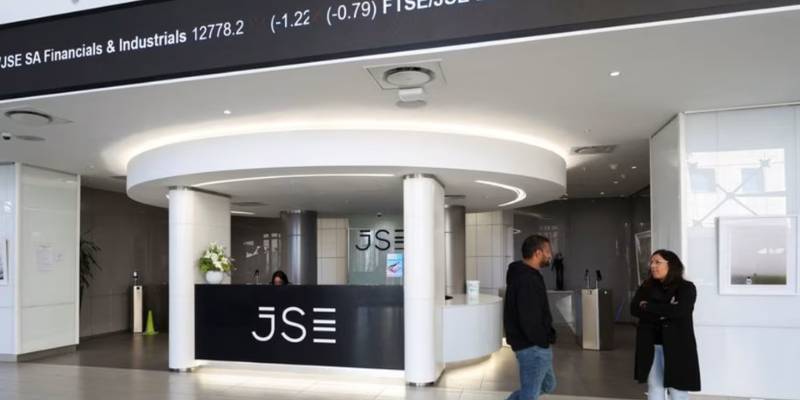It’s not every day that a fintech from Dubai decides to make a splash in Johannesburg, but that’s exactly what Optasia is doing.
The company announced plans to raise about 6.3 billion rand—roughly $375 million—through a mix of new shares and private placements as it prepares to go public on the Johannesburg Stock Exchange, according to a detailed Reuters report.
The goal? To fuel expansion, improve visibility, and tighten its grip on emerging markets where AI-driven finance is becoming the heartbeat of digital inclusion.
Optasia’s business isn’t flashy in the Silicon Valley sense—it’s grounded in real-world impact. The firm uses AI algorithms to power micro-loans and mobile airtime credit, reaching people who often don’t have access to traditional banking.
With operations in 38 countries and over 121 million active users, the company handles an astonishing 32 million micro-loan transactions every single day, a figure that still feels unreal when you think about the infrastructure it demands.
Analysts say it’s this scale that makes its listing such a big deal across Africa’s fintech landscape.
When you think about it, the decision to go public in South Africa instead of New York or London seems gutsy—but also brilliant.
The JSE has quietly been reinventing itself as a hub for innovation and financial technology in Africa, drawing in a new wave of companies that want proximity to local investors.
A recent Financial Times piece even noted that markets like Johannesburg are becoming testing grounds for tech-linked valuations, especially as investors chase the next big AI play.
Optasia’s CEO, Salvador Anglada, says the IPO will help accelerate innovation in frontier markets, and there’s truth in that optimism.
The company already partners with telecom powerhouses like MTN, Airtel, and Vodacom, forming a network that lets it plug directly into communities where credit cards are rare but mobile phones are everywhere.
That kind of reach gives it an edge no spreadsheet can fully capture. An in-depth Business Insider analysis pointed out that AI-driven financial models are transforming how banks assess credit risk—and Optasia sits right in the middle of that wave.
Still, the road ahead isn’t all sunshine and big headlines. Africa’s fintech scene is crowded, and regulators are tightening rules around digital lending.
A recent JPMorgan statement highlighted how even massive institutions struggle to align AI systems with compliance demands, something smaller firms like Optasia will need to balance carefully.
Add in currency volatility and competition from both startups and traditional banks, and the company’s next few quarters could be a wild ride.
But here’s the thing—this feels different. Optasia isn’t trying to dazzle with buzzwords; it’s building something durable.
The story reminds me of what’s happening in Europe, where the European Central Bank recently tapped AI to fight fraud in its digital euro rollout, as covered in this investigation.
That’s the real clue here: AI isn’t just shaping finance; it’s rewriting the rules entirely.
If Optasia can pull off its listing and continue scaling across Africa, it might become the case study that every AI-fintech founder points to in five years—the moment when technology, trust, and timing finally clicked.
And for once, that story isn’t being written in San Francisco or London—it’s unfolding right here, in the heart of Africa’s financial future.

